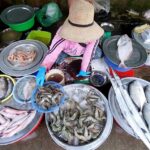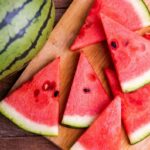## Sprouts: Superfood or Super Dangerous?
Sprouts: A “Superfood” That Can Turn Super Dangerous
Sprouts, such as alfalfa, bean, and water spinach sprouts, are favored by many due to their high nutritional value, ease of preparation, and exceptional health benefits when consumed properly. However, few are aware that the sprouting process, which involves a warm, enclosed, and moist environment, provides ideal conditions for the growth of harmful bacteria such as E. coli, Salmonella, and Listeria.
According to the U.S. Food and Drug Administration (FDA), sprouts are among the foods frequently implicated in foodborne illness outbreaks, especially when consumed raw or undercooked. The FDA recommends that sprout seeds may be contaminated with bacteria even before planting. When kept in warm and humid conditions, bacteria like E. coli and Salmonella can quickly multiply. Therefore, sprouts are safe only when thoroughly cooked, and raw consumption should be minimized, especially for individuals with weakened immune systems, such as children, the elderly, and pregnant women.
Despite their appeal, sprouts require stringent hygiene practices. Soaking them in diluted saltwater, rinsing them thoroughly, and avoiding prolonged refrigeration are simple yet highly effective measures to mitigate risks.
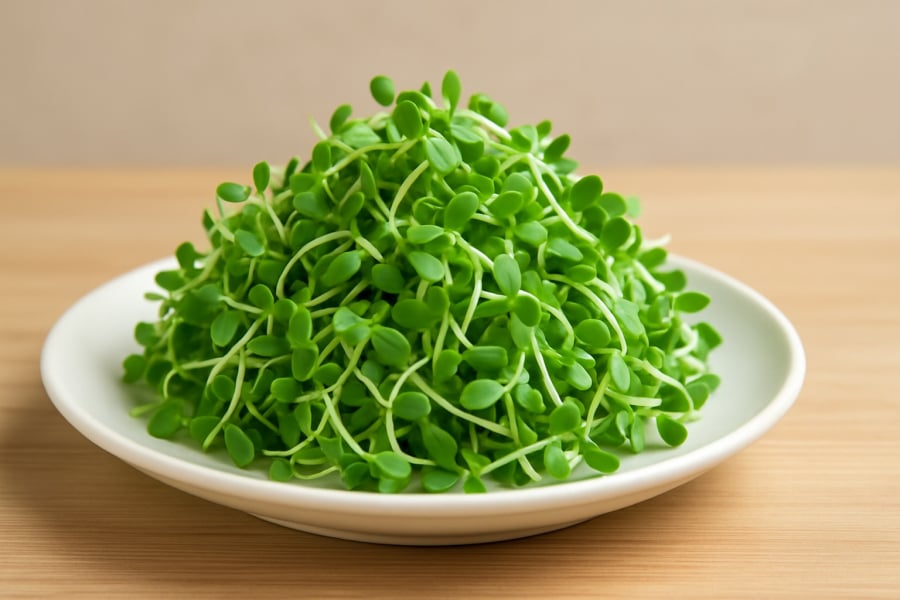
Hydroponic Vegetables: Clean or Illusion?
Hydroponic farming is a modern trend, marketed as “soilless, fertilizer-free, and pest-free,” which seems almost too good to be true. However, if not properly controlled, hydroponic systems can become ideal breeding grounds for dangerous bacteria and mold.
This is especially true when the water is continuously recycled without proper disinfection. The World Health Organization (WHO) has reported cases of illnesses associated with hydroponic vegetables, specifically due to bacteria like Pseudomonas and Aeromonas or molds present in the water systems.
While many families opt for home hydroponic systems, the sanitation of water reservoirs, pipes, and the pH of the nutrient solution are often overlooked.
According to the WHO, hydroponic farming systems, despite not using soil, still pose a risk of bacterial presence if the water and equipment are not regularly cleaned. Even in industrial-scale operations, the lack of periodic disinfection can allow pathogens like Pseudomonas or mold to thrive undetected by the naked eye.
The recommended solution is to choose hydroponic produce from certified food safety brands and always thoroughly rinse them with saltwater or running water before consumption, even if they appear “clean.”
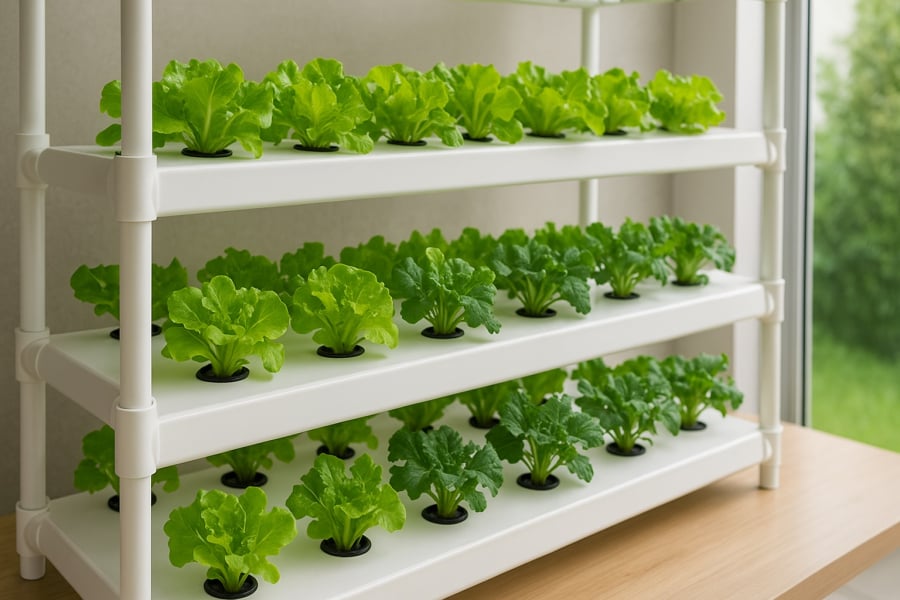
Rough-skinned Fruits: Hiding Bacteria in Plain Sight
Jackfruit, pineapple, and durian are delicious, nutritious, and beloved by many Vietnamese, but they pose a health risk if not properly cleaned before cutting.
With their rough and bumpy surfaces, these fruits easily trap dirt, bacteria, and environmental residues. When a knife pierces the skin, bacteria can migrate from the outer surface to the inner flesh, which is assumed to be “absolutely safe.”
Additionally, practices such as using the same knife for peeling and cutting or touching the edible portion with hands contaminated by the fruit’s sap increase the risk of bacterial contamination.
- Use a soft brush to scrub the surface under running water.
- Sanitize knives before and after cutting the skin.
- Avoid touching the edible portion with hands contaminated by the fruit’s sap or dirt.
- Minimize contact between the fruit’s skin and cutting boards, towels, or other utensils.
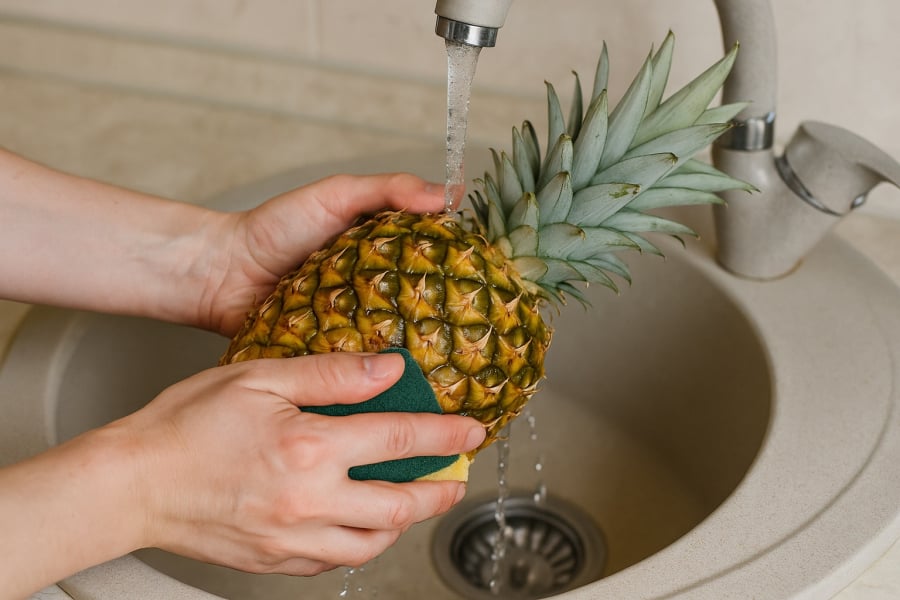
Conclusion: It’s Not About “Dirty” vs. “Clean,” But About Ensuring Safety
The presence of parasites in fruits and vegetables does not necessarily make them harmful. It’s essential to understand that proper handling, storage, and consumption practices are key. Remember, no food is entirely “immune” to bacterial contamination without proper sanitation measures.
Be Wary: 3 Cheap Veggies You Should Never Buy, For Your Own Good!
“Health experts issue a warning about three seemingly harmless and affordable vegetables that are widely available but could pose potential health risks. These vegetables, despite their prevalence, should be avoided to protect your well-being and ensure you don’t end up paying a hefty price for your health.”
6 Cooking Habits That Are Ruining Your Meals and Your Health: Bad for Your Heart and Waistline. #3 Will Surprise You!
“Unhealthy cooking habits can take away the joy of relishing delicious meals and impact your family’s health. It’s time to revamp your culinary routines and embrace a healthier approach to cooking. Say goodbye to these common mistakes and watch your dishes transform into mouth-watering, nutritious delights that everyone will love.”

























